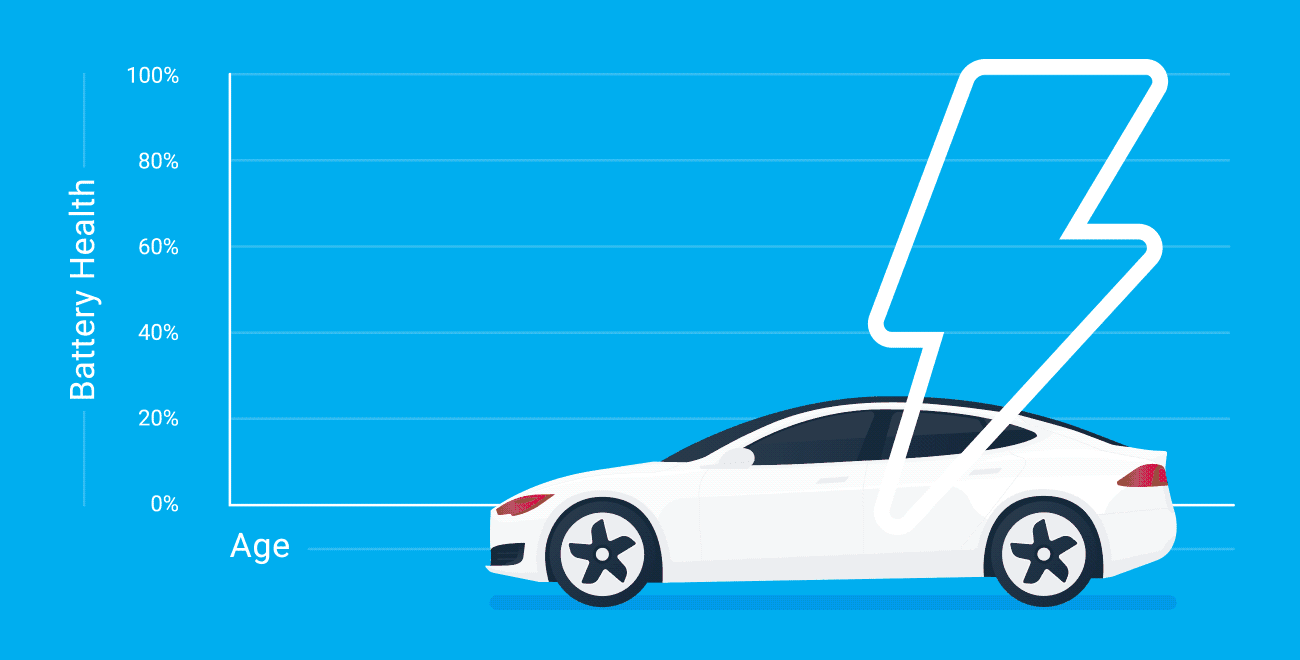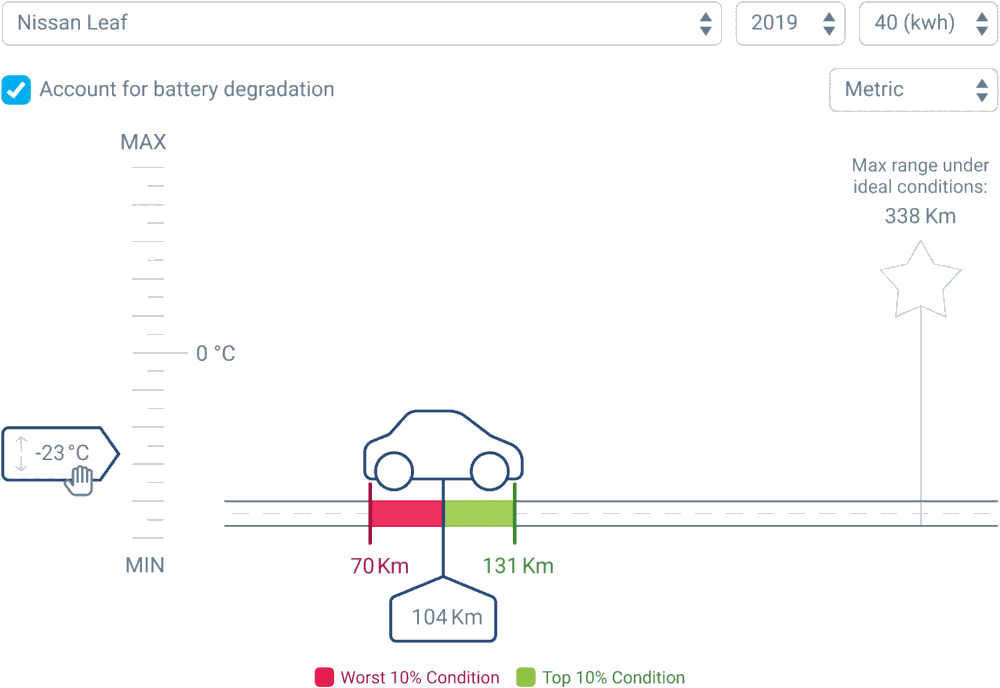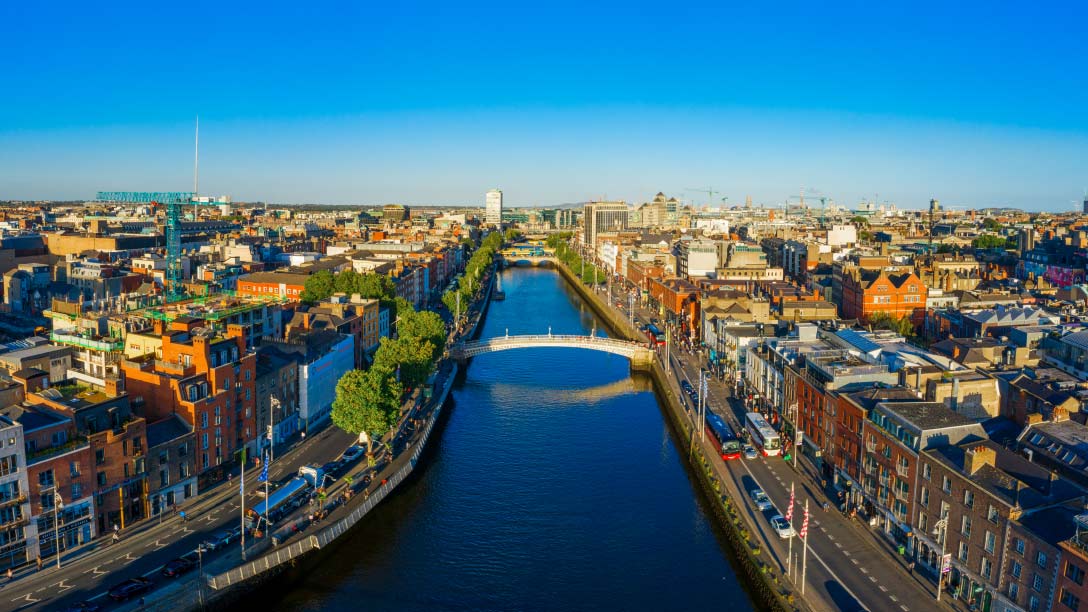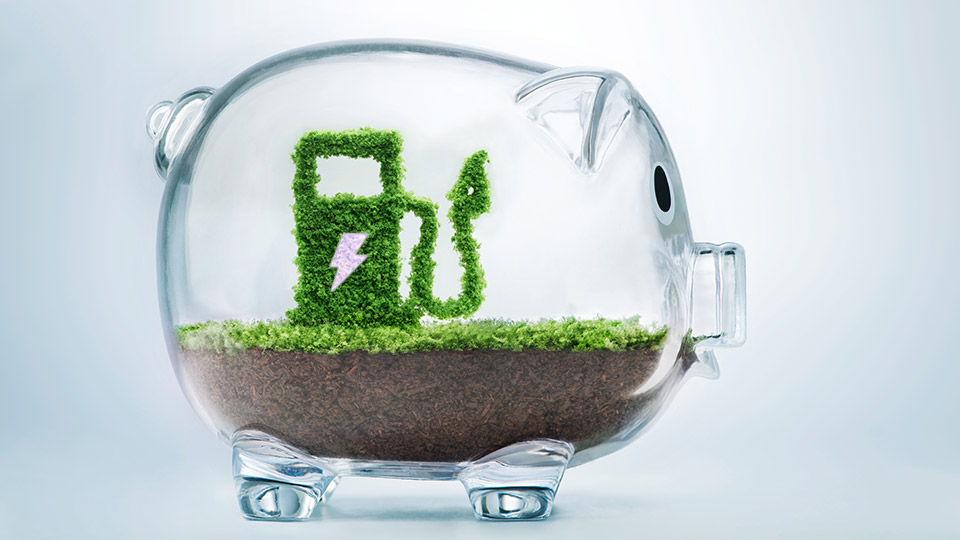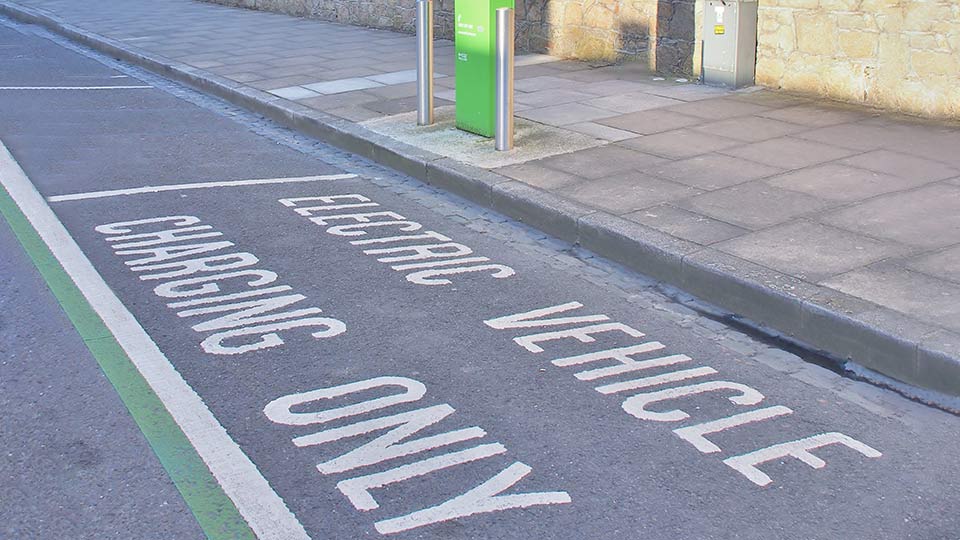Fleet Electrification: The Key to Achieving Ireland’s 2030 EV Target
The electric vehicle (EV) market in Ireland is seeing slow and steady growth
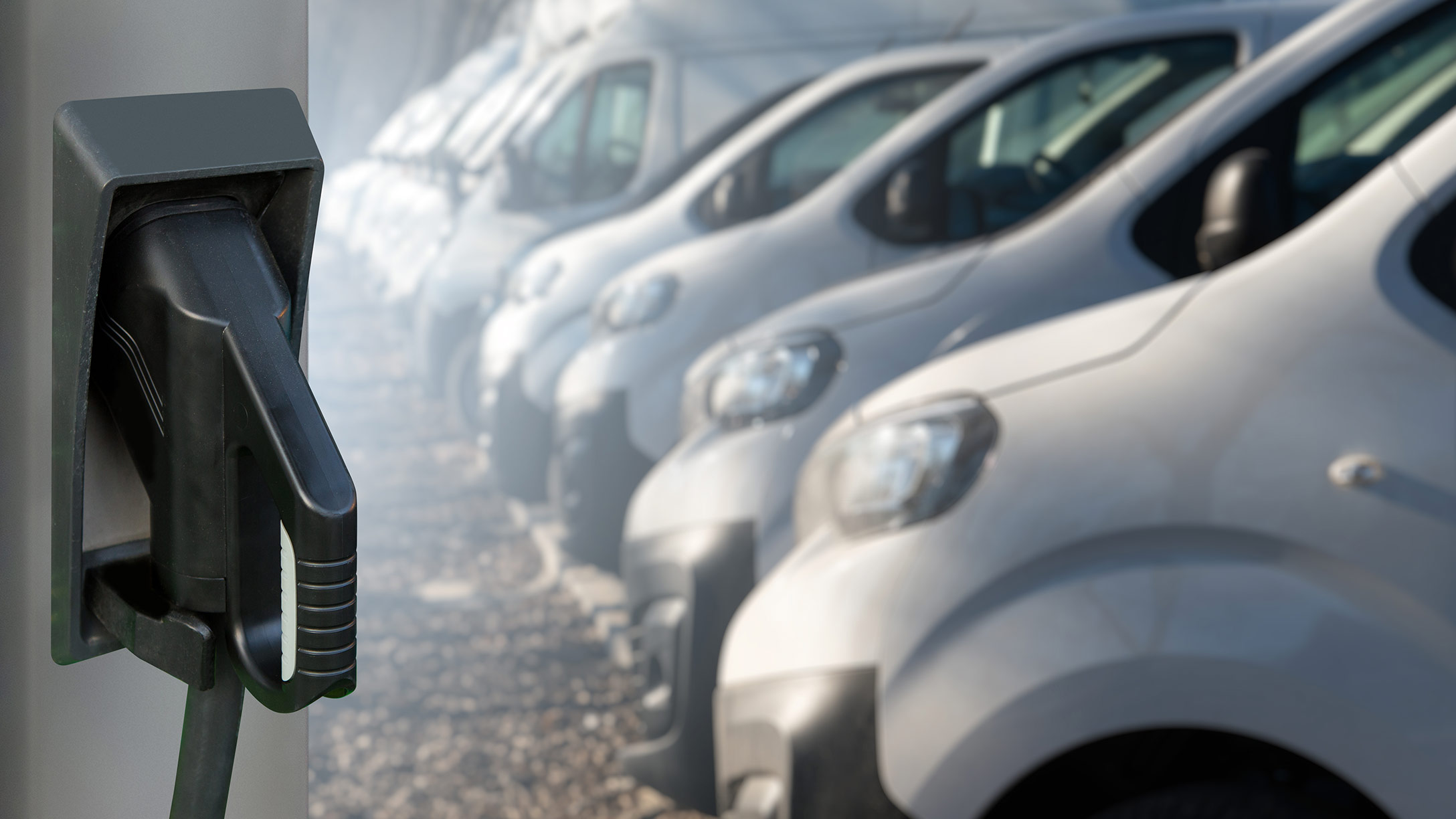
Increased range capacity, better access to charging points and other evolving factors are encouraging more Irish consumers to make the switch to electric. The figures for January 2021 show the new vehicle market share for fully electric vehicles (3.89%), plug-in hybrids (4.23%) and hybrid vehicles (19.2%) all grew strongly from the previous year. However, with the Government’s Climate Action Plan outlining a target of 950,000 EVs on Irish roads by 2030, stronger action in the EV market is needed to encourage more rapid adoption. The electrification of commercial fleets must be a core focus if we are to achieve this target and the advantages for operational cost savings are vast.
There are several fundamental factors that affect the cost base of any business structured to distribute and operate via a commercial fleet. Rising fuel prices, costs of vehicle repair and maintenance, and operational costs can ultimately become a money pit that negatively impacts and hinders business growth rate. As the global business economy continues to embrace the green movement with open arms, more companies are looking at the possibility of ‘greening’ their fleet. Not just for brand perception purposes, this strategic business decision can enable genuine cost savings; the world’s largest online retailer is leading by example.
In February, Amazon rolled out its electric delivery vans across the city of Los Angeles - paving the way for others to follow suit and contribute to the company’s ‘carbon neutral by 2040’ pledge. Amazon estimates the transition to an electric fleet will reduce its carbon emissions by 4 million metric tons a year by 2030. The Amazon fleet is designed specifically for purpose; with the size of each van and battery chosen on a case by case basis, so that the vehicle is optimised for its specified delivery route.
Amazon is not the only multinational company actioning a greener environmental impact for its business. Schneider Electric, a European provider of energy and sustainability solutions, has also committed to electrifying its fleet with the hopes of having a fully electric fleet of 1200 vehicles in operation by 2025. Schneider Electric is undertaking this action in a move to cut its carbon emissions and practice on a ground level, what they are preaching from the corporate hilltops.
In comparison to both petrol and diesel vehicles, EVs have less operational mechanics, a low cost of electricity usage and falling battery prices. Therefore, it is estimated that companies that electrify their fleet will have a 15-25% lower total cost of ownership (TCO) than those using internal combustion engine (ICE) vehicles by 2030. In turn, this lower TCO would allow businesses to implement their cost savings elsewhere and invest in additional departments whilst simultaneously making their company ‘greener’.
Recognising the opportunity for businesses to protect their bottom line, the Sustainable Energy Authority of Ireland (SEAI) created a resourceful academy where companies can undertake free courses and modules focussed on energy efficiency and management in Irish business. The SEAI Energy Academy aims to assist businesses by providing education on how to reduce their carbon footprint and transition to greener alternatives. As well as this reservoir of information, the authority is also providing grants to businesses considering the shift to electric by way of monetary allowance for EV purchasing and vehicle registration tax relief.
In order for this adaptation to be a successful one for businesses, behavioural and attitudinal shifts are just as important as the physical infrastructure changes themselves. However, this shouldn’t prove a significant challenge. Pressure continues to mount from policymakers on individuals as well as companies, to reduce their carbon footprint. In 2018, transport accounted for 40% of all CO2 emissions in Ireland. With pandemic restrictions set to linger on and the rate of home deliveries continuing to rise, Irish companies are at a critical juncture where rising emissions must be tackled in order to combat a heavy carbon footprint. Not only that, but the rising rate of home deliveries and rental of additional delivery vehicles to accommodate this increase will see both fleet maintenance and operational costs soar for businesses. Never before has there been such a clear business case for making the switch to an electric fleet. While demand for commercial fleets accelerates, so do the penalties for high CO2 emissions - lowering emissions will mean lower operational costs.
Electric fleets provide a substantial opportunity for businesses to get ahead of the curve and scale their operations with the support of state funding while also becoming leaders in the green initiative. If more companies choose to seize this first-mover advantage, and the commercial adoption of EVs gathers momentum, we will quickly realise the abundant long-term rewards from an EV value-chain. For businesses, these include resilience to fluctuating fuel prices, alignment with greenhouse gas emissions targets, favourable government subsidies, reduced operational costs, positive brand perception and improved total cost of ownership to name but a few. Whilst the EV market is still in its relative infancy, the positives of transitioning to an electric fleet far outweigh the negatives. Driving EV adoption amongst Irish companies is a crucial step for Ireland to meet its 2030 EV target. If we lead the way in the switch to electrification, we will be well on the road to creating a business economy that’s almost as green as the nation itself.
The Geotab Team write about company news.
